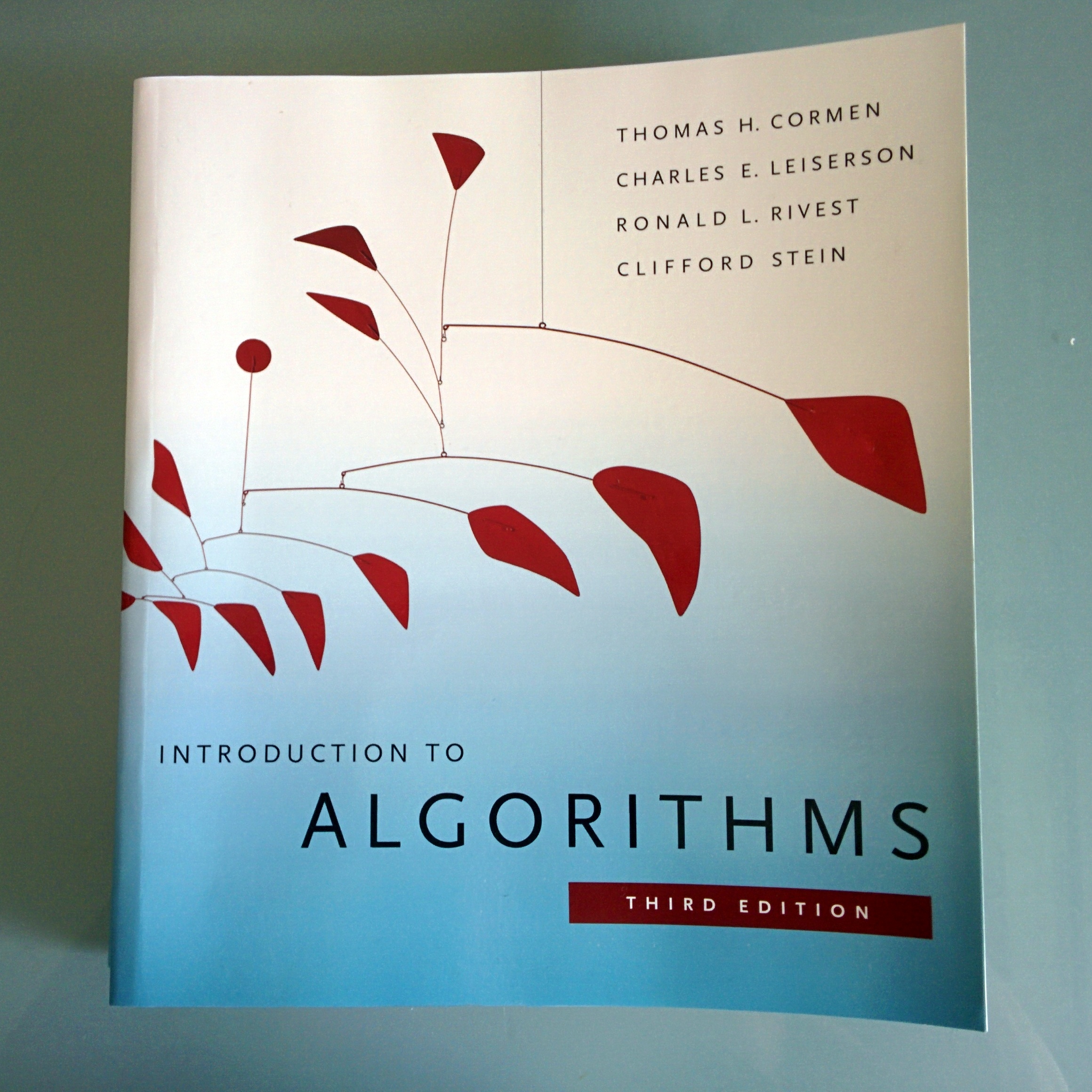In a world increasingly driven by data and technology, algorithms play a ubiquitous role in decision-making. From filtering search results to recommending products and automating tasks, algorithms offer efficiency and convenience in countless domains.

Image: algodaily.com
However, despite their widespread adoption, algorithms are not devoid of limitations. One prominent disadvantage worth considering is the inherent lack of empathy they possess.
The Inherent Lack of Empathy in Algorithms
Empathy is the ability to understand and share the feelings, thoughts, and experiences of another person. It is a crucial element of human interaction, enabling us to connect with one another and respond with compassion and understanding.
Algorithms, being mathematical constructs, lack the capacity for empathy. They are incapable of grasping the emotional nuances and subjective experiences that shape human decision-making. As such, they can struggle to make decisions that account for the full range of human values and aspirations.
Consequences of Lack of Empathy in Algorithms
The lack of empathy in algorithms can have significant consequences in various applications.
- Biased Decision-Making: Algorithms trained on data that reflects existing biases may perpetuate and amplify these biases in their decisions. This can lead to unfair treatment of certain groups, resulting in unequal access to opportunities or discriminatory outcomes.
- Lack of Flexibility: Algorithms are designed to follow a specific set of rules and parameters. They lack the adaptability and intuition required to handle exceptional circumstances or account for unforeseen consequences. This rigidity can lead to suboptimal or even harmful decisions in situations where human judgment is necessary.
- Emotional Disconnect: In applications where empathy is crucial, the use of algorithms can create an emotional disconnect between users and the service or product they are interacting with. This can diminish the user experience and undermine trust.
Overcoming the Disadvantage
While the inherent lack of empathy in algorithms is a concern, it is not insurmountable. Researchers and practitioners are actively working on developing algorithms that incorporate elements of human empathy.
- Incorporating Human Feedback: By soliciting feedback from humans and incorporating it into the algorithm’s decision-making process, we can bridge the empathy gap and ensure that algorithmic decisions align with human values.
- Developing Emotion-Aware Algorithms: Advancements in machine learning and AI enable the development of algorithms that can recognize and process emotional data. These algorithms can make decisions that consider the emotional impact on users.

Image: www.carousell.sg
FAQs on Algorithm Empathy
- Q: Why is empathy important in algorithms?
A: Empathy enables algorithms to make decisions that are fair, impartial, and sensitive to human values and experiences. - Q: How can we make algorithms more empathetic?
A: By incorporating human feedback, leveraging machine learning advancements, and developing emotion-aware algorithms, we can endow algorithms with the capacity for empathy. - Q: What are the consequences of using algorithms without empathy?
A: Lack of empathy in algorithms can lead to biased decision-making, inflexibility, and a disconnect between users and the application.
What Is The Primary Disadvantage Of Using Algorithms
Conclusion
Algorithms have revolutionized the way we live and work, providing immense benefits in terms of efficiency and convenience. However, it is crucial to recognize the inherent lack of empathy in these mathematical constructs.
As we strive to leverage algorithms for the greater good, it is imperative to address the empathy deficit. By incorporating human feedback, developing emotion-aware algorithms, and fostering a dialogue about the ethical implications of algorithms, we can harness their power while ensuring that they align with our human values and aspirations.
Are you interested in further exploring the topic of empathy in algorithms?
